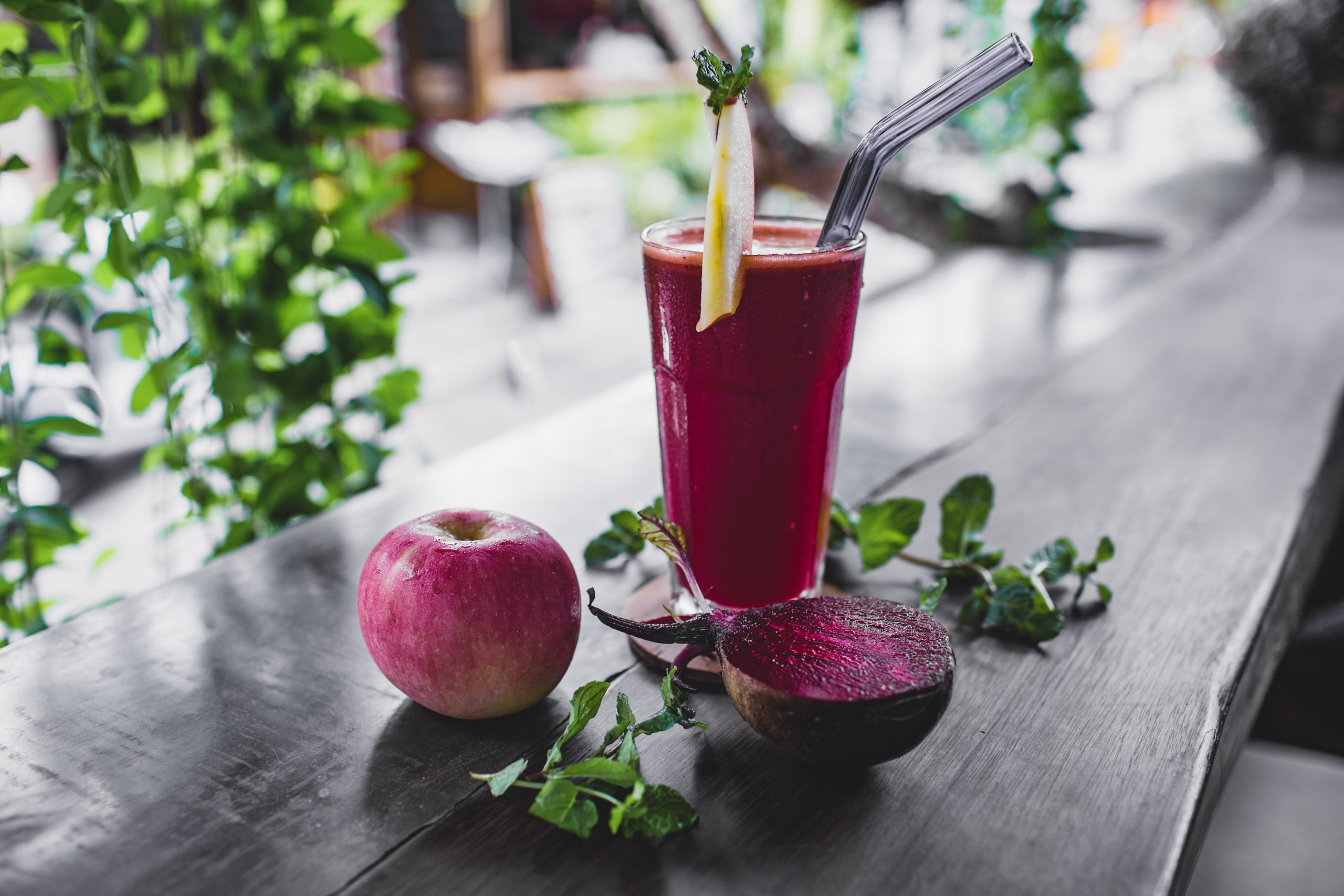‘Detox’ is a real buzz word come January. After an extended period of over-indulgence, many people are looking for ways to refresh, restore and rejuvenate body and mind. You’ll likely be hearing about detoxing, fat burning, cleansing and weight loss on a regular basis throughout the month.
But how many of these strategies are actually safe, and how many really work? The answer is very few.
Here we’ll walk you through the basics of detoxification with some simple dos and don’ts to help you stay healthy and avoid common pitfalls and mistakes that prevent many people from experiencing the full benefits of a detox.
What is a detox?
A detox refers to a process during which we eliminate toxins from the body, in order to facilitate better health and wellbeing and promote weight loss. Toxins include chemicals, heavy metals and pollutants – essentially anything in the body that shouldn’t be there or that in larger quantities disrupts health.
Despite the huge number of products on the market and booming industry surrounding detoxification, it isn’t a new thing (as is the case with many modern health trends). In ancient times, many different cultures engaged in detox techniques including the Egyptians and communities across South East Asia. In Ayurveda, Panchakarma is a type of intense detoxification which involves massage, purging, herbal medicines and nasal rinsing over a number of days or weeks.
What most people don’t realize is that the body is fully equipped to detoxify itself. Many commercial detoxes on the market today simply involve the use of laxatives, diuretics or other questionable techniques and products in order to create the illusion of detoxification whist simply shedding water weight – rather than actually removing toxins. An effective detox therefore supports the body and its natural detoxification processes rather than achieving a quick fix which could actually cause harm in the long-term.
We’re now exposed to more toxins than ever before during the course of our daily lives – so supporting the body to remove these toxins has become even more important in order to maintain optimal health and wellbeing.
How does the body detoxify?
Most people think about wheatgrass shots and pungent smoothies when they picture a detox – but the body actually detoxes in a number of different ways. These include the liver, the lungs, the digestive system and the skin.
EWW founder Dr Taz identifies 4 key ways to optimize and speed up the detoxification process:
1/ Improve liver function and digestion
2/ Introduce specific nutrients which optimize the natural detoxification process
3/ Reduce toxin exposure (not just through diet, but lifestyle as well including beauty products, cleaning, plastics and more)
4/ Adopt a detox-friendly lifestyle to prevent build-up and ensure contact metabolism and removal of toxins
 Signs you need a detox
Signs you need a detox
A lot of people will seek out a detox when they don’t need one. As mentioned above, the body has a number of sophisticated ways to rid itself of toxins – but if any of these areas are neglected, or poor health habits get in the way, these processes can become impaired leading to a build-up of toxins in the body. Signs a detox may be required include:
*Breakouts and bad skin
*Achy joints
*Tiredness and low energy
*Digestive discomfort and issues such as constipation
*Intense cravings for sugar and carbs
*Brain fog
*Mood swings
*Difficulty sleeping
*Hormone imbalances
*Frequent sickness
Detox dos and don’ts
If you’re planning on a detox this month, there are a few dos and don’ts you’ll want to be aware of to maximize your results and protect yourself from any harmful side-effects that can come with many of the social media detox trends out there.
DO: Have fun with it. Explore and enjoy new foods and recipes. Embrace this time rather than seeing it as a chore. Focus on the benefits for body and mind and feel the positive difference.
DO: Ask for support. Whether you enlist the help of a coach or trainer, sign up to one of our programs or ask a friend or family member to hold you accountable, it’s easier to stick to a detox when you’re not going it alone.
DO: Be gentle with yourself. Take it one step at a time. If you make a mistake, get back to it as soon as you can and don’t beat yourself up. Remind yourself why you are doing this and focus on supporting and healing your body rather than losing weight.
DON’T: Become obsessed with your detox. This can have the opposite effect – making you ruminate over and crave the foods you ‘shouldn’t’ eat whilst also raising stress levels.
DON’T: Eat too little or starve yourself. Fasting can be incredibly beneficial, but it should always be conducted with medical guidance and support. Failing to eat enough or starving yourself for long periods of time actually has a negative impact on your metabolism, digestion, hormone balance and mental health.
DON’T: Start a detox without consulting your doctor first if you have any current health conditions or are taking medication. A DIY detox without proper medical supervision could make you sick.
For more on intelligent detoxing and the integrative health approach, take a look at our blogs here:






